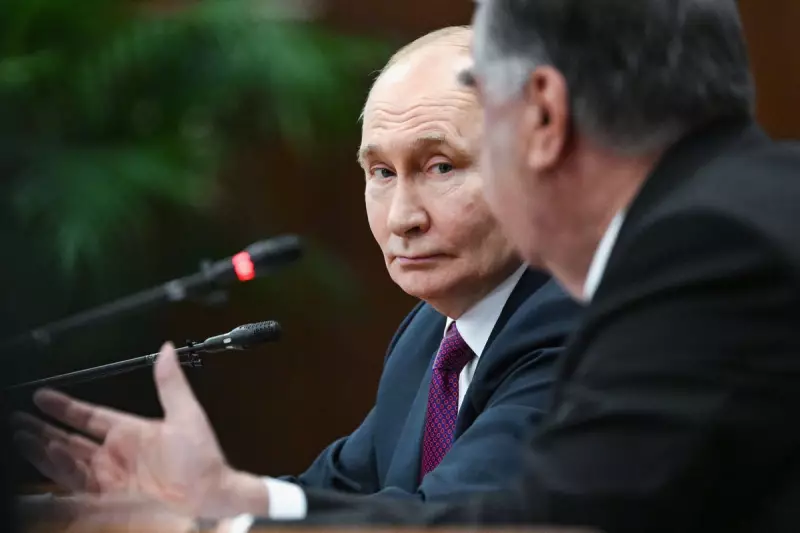
In a strategic move echoing Cold War tactics, Moscow has been systematically distributing Russian passports to residents across former Soviet territories, according to intelligence sources and policy analysts. This calculated approach creates what experts describe as "passport imperialism" - a modern method of extending political influence far beyond Russia's official borders.
The New Russian Frontier
The policy, quietly implemented over recent years, has seen hundreds of thousands of residents in countries like Tajikistan, Chechnya, and Azerbaijan accepting Russian citizenship. While presented as a humanitarian gesture, analysts warn this creates a dangerous pretext for future military intervention under the guise of "protecting Russian citizens."
A Familiar Playbook
This strategy bears striking resemblance to tactics used before Russia's interventions in Georgia and Ukraine, where passport distribution preceded military action. "We're witnessing the same pattern unfolding across multiple regions," explains Dr. Elena Petrova, a senior fellow at the European Security Institute. "First comes the passport, then the claim of rights violation, then the troops."
The implications extend far beyond immediate border concerns. This approach:
- Creates legal justifications for potential military interventions
- Undermines the sovereignty of neighbouring states
- Establishes long-term political leverage in strategic regions
- Complicates international response mechanisms
Geopolitical Chessboard
Western intelligence agencies have monitored this development with growing concern. The mass issuance of passports represents what one NATO official described as "hybrid warfare through administrative means." Rather than traditional military buildup, Russia is building influence through citizenship networks that could be activated during future crises.
The situation is particularly tense in Central Asian nations, where economic dependence on Russia makes resistance difficult. Many migrant workers from these countries work in Russia, creating practical incentives for accepting the passports despite the political implications.
International Response
European leaders face a complex challenge in countering this strategy. Traditional diplomatic tools prove inadequate against what amounts to demographic engineering. The European Union has begun discussing countermeasures, but consensus remains elusive given differing member state priorities regarding relations with Moscow.
As one senior diplomat noted anonymously, "We're dealing with a paradigm shift in how nations extend influence. The rules of engagement have changed, and our response must evolve accordingly."






